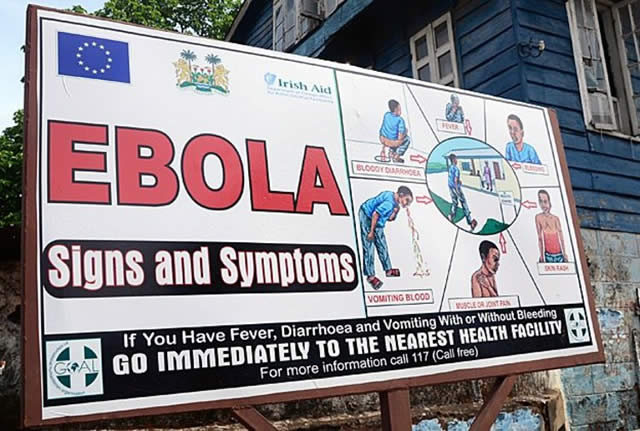‘IMF policies hampered Ebola response’

LONDON. — A study says the International Monetary Fund’s policies in the African countries worst affected by the Ebola epidemic weakened their healthcare systems and hampered a coordinated response to the outbreak. The study, conducted by British researchers and released on Monday, said IMF programs obstructed the development of effective healthcare systems in Guinea, Liberia and Sierra Leone — the epicentres of the Ebola outbreak.
The researches, based at the UK’s Cambridge University and the London School of Hygiene and Tropical Medicine, also said that IMF reforms hampered the three countries’ ability to cope with infectious disease outbreaks and other emergencies.
“Policies advocated by the IMF have contributed to under-funded, insufficiently staffed, and poorly prepared health systems in the countries with Ebola outbreaks,” said lead author Alexander Kentikelenis, a Cambridge sociologist.
The study found that the healthcare systems in the three countries were weakened by the IMF economic demands to cut government spending, impose a cap on public sector wages, and apply a policy of decentralised health care systems.
The researchers said the IMF demand of a public wage cap resulted in the countries’ inability to hire nurses and doctors and to pay them adequately, while the body’s decentralisation policies made it hard for the countries to mobilise coordinated responses to disease outbreaks such as Ebola. — Press TV.







Comments